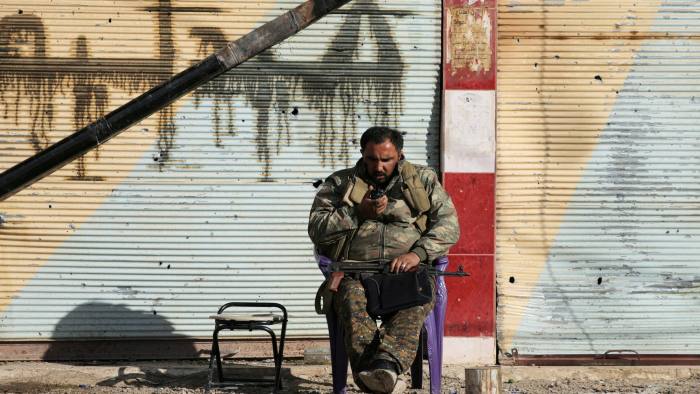Over 50,000 Jihadists from greater than 100 countries have traveled to Syria, Iraq, and Libya in the remaining 5 years to sign up for the Islamic State (ISIS). Of these, almost 7,000 got here from countries in North Africa. The return of survivors to Morocco, Tunisia, or Egypt poses a risk to the nations and the European Union, in keeping with a new examination through the Egmont Institute for International Relations, a Brussels-primarily based think tank, and the German basis Konrad-Adenauer-Stiftung.

The report, released on Wednesday, says that “from a European angle, North African dynamics are of the precise hobby first because instability inside the place could have a dangerous spillover impact for European protection. Second, because a majority of foreign terrorist warring parties from Europe had been of North African descent, which has reinforced ties among jihadi milieus across the Mediterranean that would have an equally lasting impact for safety on both facets, analysts observe that North African countries have already been confronted by way of returning foreign opponents within the beyond.
They link the Casablanca and Madrid assaults of 2003 and 2004 with companies of Moroccans who traveled to Afghanistan following the Taliban victory in 1996 and to Iraq after the American invasion of 2003. But this time, the danger is even more, because “this jihadi mobilization is possibly large than any preceding ones, which include that for the anti-Soviet jihad in Afghanistan in the1980s. Now that the so-known as Caliphate has been eliminated
From its last stronghold in Syria, many governments are going through the challenge of what to do with returning fighters. International locations refuse factor-clean to take the lower back, along with Switzerland or the Netherlands. Others are willing to accept their personal nationals, but no one has a magic formulation to stumble on, arrest, technique, and rehabilitate these individuals if the component is possible.
He looks at specializes in the challenges for Egypt, Tunisia, and Morocco, which collectively have despatched out more foreign opponents than the complete EU. Algeria turned into now not included because the number of jihadists from that united states turned into minimal, in keeping with the researchers.
Cooperation
While cooperation among the EU and North Africa international locations already exist, European authorities are inclined to boom it because of the specific danger posed by returnees with twin citizenship. Of the three nations surveyed inside the file, “Morocco is through ways the maximum superior in coping with returnees. It has taken felony measures as well as strengthening its security offerings accordingly. It has additionally developed de-radicalization programs in prison and is running on other initiatives with former radicals.
By evaluation, Tunisia and Egypt are defined as “a good deal less obvious and systematic of their approaches. Between 2013 and 2017, 1,664 Moroccans traveled to Syria and Iraq, including 285 girls and 378 youngsters. Of this variety, 596 died in combat or suicide assaults, and 213 again to Morocco, together with 52 girls and 15 youngsters. Nearly all of the opponents have been delivered to justice and at the moment are serving prison sentences of 10 to 15 years, according to legitimate resources, in 2014.
Morocco reformed its counter-terrorism rules, introducing 5-to-15-year sentences and fines of as much as €45,000 for individuals discovered responsible for becoming a member of or attempting to enroll in armed organizations interior or outdoor the united states of America. This regulation turned into a key in handling the cutting-edge scenario. And in 2016, the government rolled out a prison software known as Reconciliation (Moussalaha in Arabic) geared toward the de-radicalization and integration of terrorists. But the examiner notes that there are no unique plans for returning combatants or the ladies and youngsters.






































